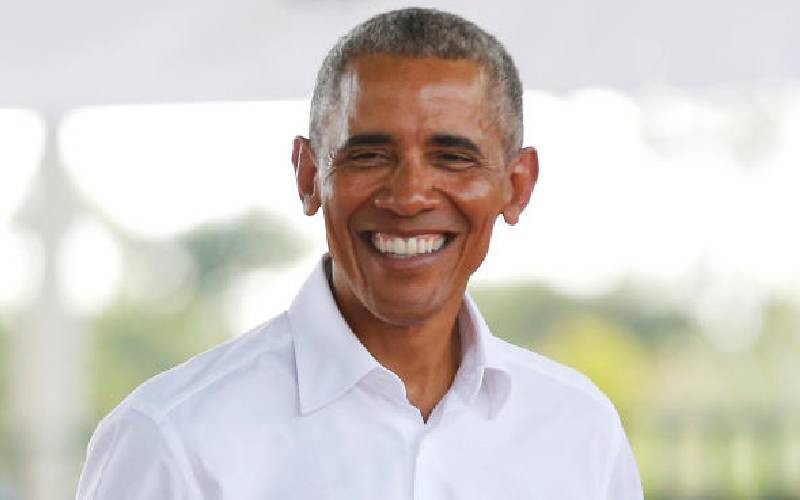×
The Standard e-Paper
Truth Without Fear

On April 1, The Standard newspaper ran a story announcing that former US President Barack Obama would be resettling in Kenya in June for at least a year in a new diplomatic role.
It was a Fools' Day prank and we indicated that promptly, shortly after midday.